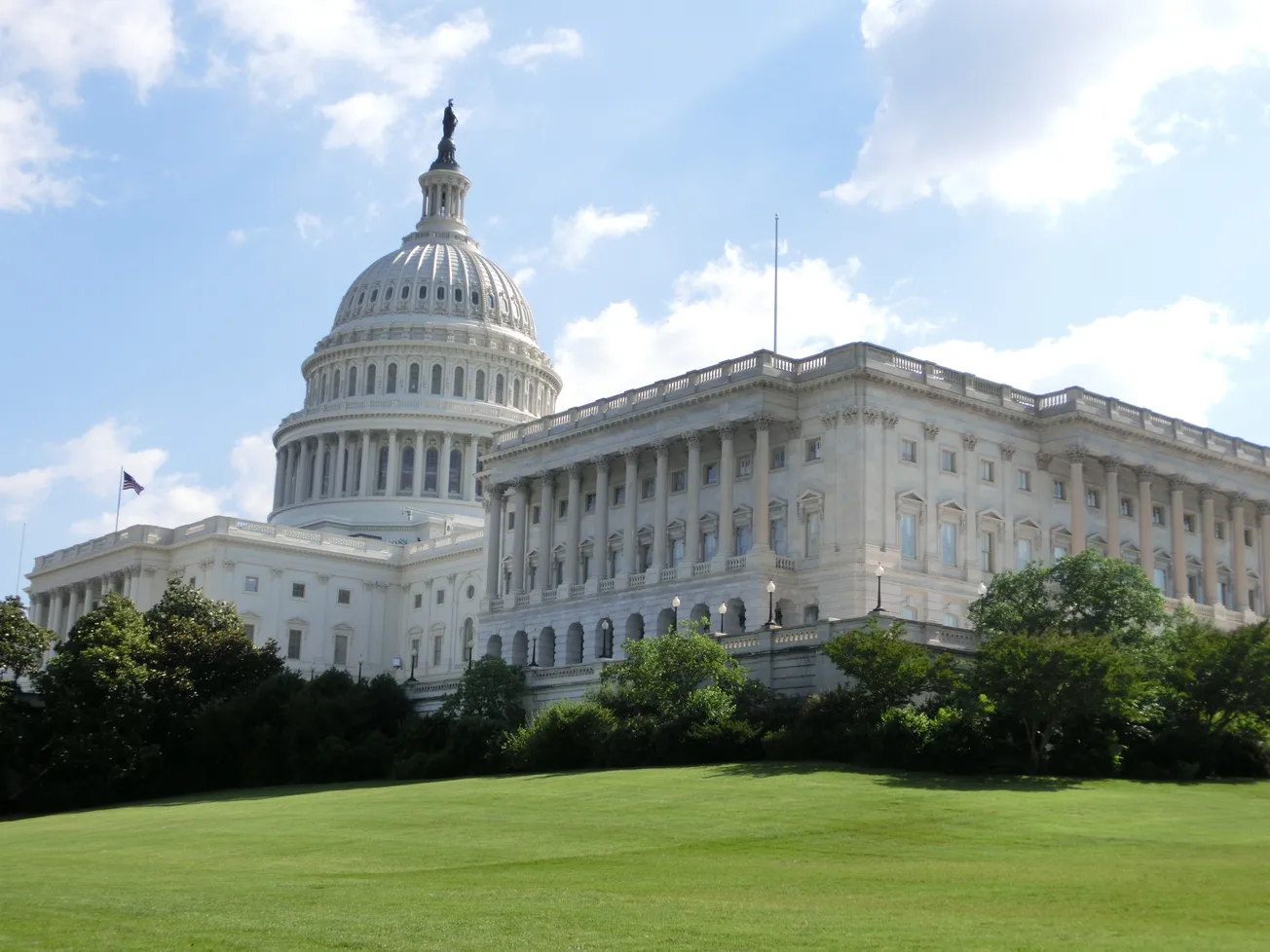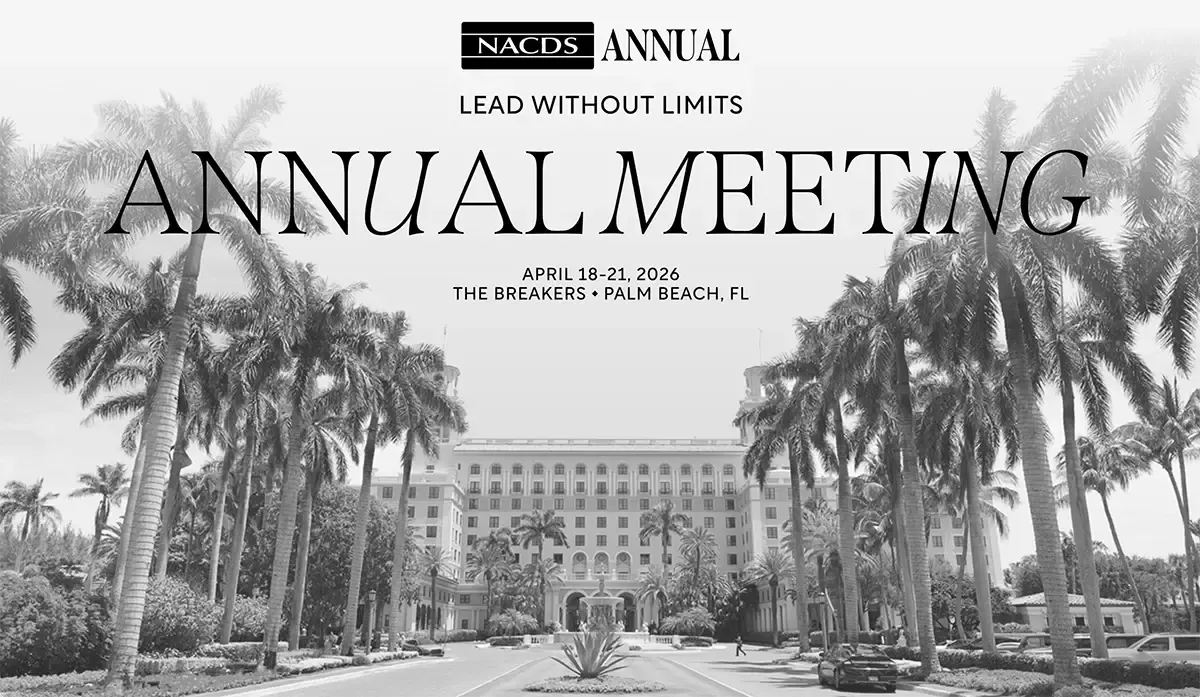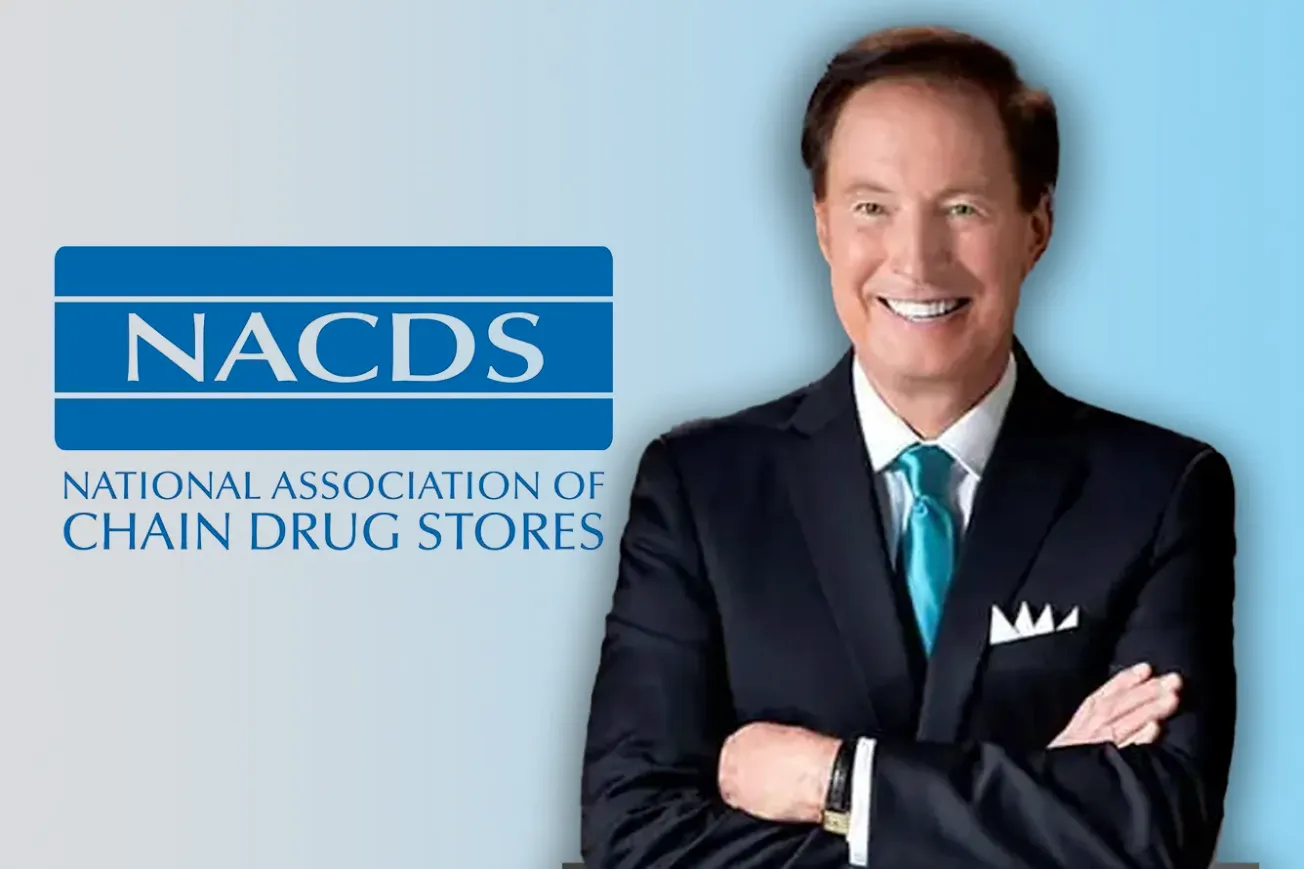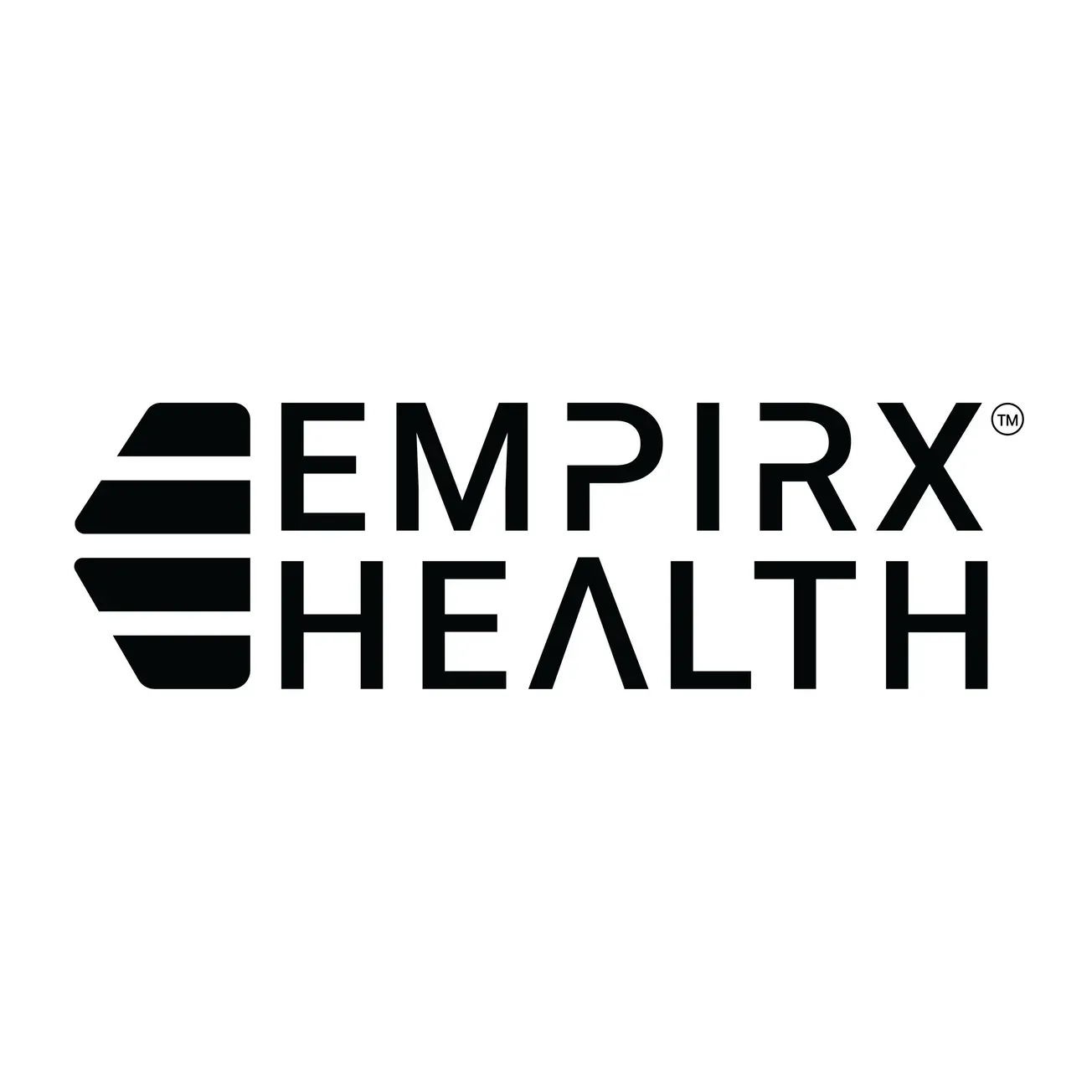WASHINGTON — The pharmacy benefits management (PBM) industry finally had its chance to defend its role in prescription drug pricing late last month, as the House Committee on Oversight and Accountability wrapped up the investigation it launched in March 2023 with a third and final hearing that featured testimony by executives of the three largest PBMs, CVS Caremark, Express Scripts and Optum Rx. However, the Committee had clearly already reached its conclusions, expressed in a report titled “The Role of Pharmacy Benefit Managers in Prescription Drug Markets” that was released on July 23, the same day of the final hearing.
The report, which slammed the practices of PBMs, gave the pharmacy industry reason to celebrate and, more importantly, to hope for passage of reform legislation before the end of the current Congress.
During the House hearing, David Joyner, executive vice president of CVS Health and president of CVS Caremark, made a spirited defense of the company’s success in containing prescription drug costs, particularly through its formularies. He acknowledged, though, that the system could be improved.
“There is always room for improvement,” he said. “I returned to CVS Caremark last year to evolve our PBM — by increasing transparency and accountability. We have made major changes that benefit employers, labor unions, public health plans, Medicaid and Medicare — and the pharmacies that we work with.
“The way drugs are priced and reimbursed today is not transparent enough for patients, pharmacies, or plans. That is why we built TrueCost, a transparent, cost-plus model for every drug we cover. We show our clients how much we pay and reimburse for every single drug, for every pharmacy in our network.”
Not surprisingly, the PBM executives pointed to drug manufacturers as the primary villain in drug pricing. Adam Kautzner, president of Express Scripts, said that while manufacturers raised prices for more than 60% of branded drugs in the last year, Express Scripts’ clients’ costs have increased only 4%, excluding GLP-1 agonists.
“Pharmaceutical companies set drug prices,” he said. “Pharmacy benefit managers fight to lower them for clients and patients. In 2023, manufacturers increased prices for 60% of all branded drugs and scored $1.6 trillion in revenue. They can afford to attack PBMs for threatening their bottom lines by blaming PBMs for high drug prices —but they can also lower the costs themselves. They choose not to.”
Kautzner further maintained that Express Scripts has worked to strengthen the position of independent pharmacies through the IndependentRx Initiative, increasing reimbursement to more than 700 independent rural pharmacies, and through creation of the Independent Pharmacy Advisory Committee. Between 2019 and 2024, he noted, the number of independent pharmacies in Express Scripts’ commercial network of 64,000 pharmacies increased by 20%.
Patrick Conway, chief executive officer of Optum Rx, struck a similar note on drug pricing, pointing out that the median annual list price for a new medicine in 2023 was $300,000, a 40% increase from 2021.
“While many new medicines may bring clinical benefit to patients, their skyrocketing prices make it difficult for our customers to offer affordable prescription drug coverage,” he told the committee members. “Our negotiated discounts and clinical tools deliver more than $2,000 per person in average annual drug savings. An economic analysis from the University of Chicago concluded that without these PBM negotiations with manufacturers, the cost of drugs would be even higher.”
The Committee’s report suggests that the testimony of the PBM executives did little to change members’ minds.
“Instead of prioritizing the health of Americans across the country, evidence obtained by the House Oversight Committee shows how the three largest pharmacy benefit managers colluded to line their own pockets,” said Committee Chairman James Comer (R-Ky) in a statement. “These self-benefiting pricing tactics pushed by PBMs have done nothing but jeopardize patient care, undermine local pharmacies and raise prescription drug prices.”
In his opening remarks, Comer noted that in response to his request, the three PBMs had submitted more than 140,000 pages of documentation, including details about formularies, rebates, pharmacy networks and contracts. Some of the key findings of the report are:
• The three largest PBMs, who account for nearly 80% of the PBM market according to Drug Channels Institute, have used their position as middlemen and their integration with health insurers, pharmacies, providers and recently manufacturers, to enact anticompetitive policies and protect their profitability.
• PBMs’ anticompetitive tactics include sharing patient information and data across their integrated companies in order to steer patients toward PBM-owned pharmacies.
• PBMs frequently tout the savings they secure for payers and patients through negotiation, drug utilization programs and spread pricing, but evidence indicates that these schemes increase costs for patients and payers.
• The largest PBMs force drug manufacturers to pay rebates in exchange for having their drugs placed in a favorable tier on a PBM’s formulary. Consequently, it is difficult for lower-priced competing prescriptions, which are often generics or biosiimilars, to get on a PBM’s formulary.
• As many states and the federal government weigh and implement PBM reforms, the three largest PBMs have begun creating foreign corporate entities and moving certain operations abroad to avoid transparency and proposed reforms.
“Simply put, the Committee’s investigation has found that, while PBMs position as middlemen should have enabled them to reduce the costs of prescription drugs and improve Americans’ health outcomes, they have not,” Comer concluded. “Instead, the cost of prescription drugs has gone up every year for 15 years. Instead, patients have less choice and worse health outcomes…I am hopeful that today’s hearing will provide transparency and accountability for how PBMs have impacted the market for prescription drugs.”
The Committee’s report lists eight pieces of reform legislation that are now pending in Congress. Reforms include halting retroactive DIR (direct and indirect reimbursement) fees, setting reimbursement and rate floors, delinking PBM compensation from the price of a medication, standardizing performance measures for pharmacies, eliminating narrow definitions of specialty drugs that deflect patients from their preferred pharmacy toward PBM-owned pharmacies, stopping compulsory use of mail-order pharmacies and expanding in-network pharmacy coverage.
The Committee’s report was hailed by the pharmacy industry, but the celebration was qualified by the realization that only the passage and signing by President Biden of the reform legislation will produce meaningful change.
“The U.S. Congress needs absolutely no further evidence to proceed with the PBM reforms in Medicare, Medicaid, and the commercial markets that now have bipartisan consensus on both sides of the capitol and across the committees of jurisdiction,” said Steve Anderson, president and chief executive officer of the National Association of Chain Drug Stores (NACDS). “The reforms that have advanced in the 118th Congress would go a long way toward confronting the PBM tactics that harm Americans, pharmacies, taxpayers, employers, and communities. These reforms simply must be enacted this year.”
B. Douglas Hoey, CEO of the National Community Pharmacists Association (NCPA), was even more blunt.
“Among members of the Oversight Committee there was broad support for finalizing comprehensive PBM reforms, and much skepticism about the excuses, and at times downright lies, the PBM executives were attempting to feed them,” Hoey said. “We applaud the committee for its work and encourage its members and the rest of their colleagues in Congress to finish the fight. Finalize PBM reform now.”









